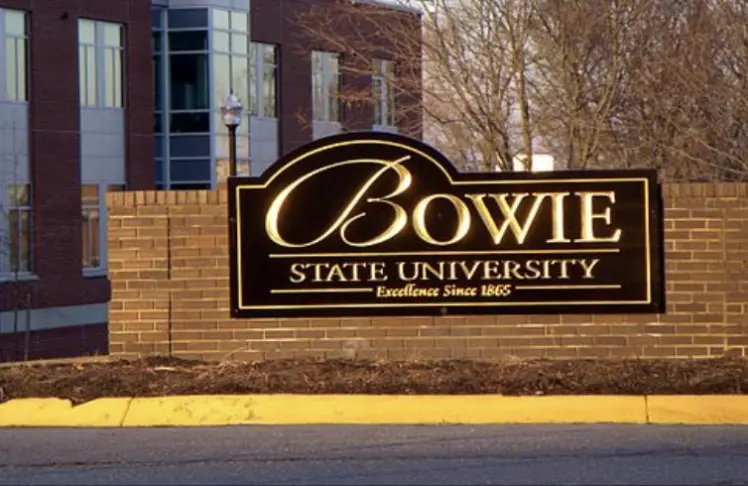
This post was originally published on Defender Network
By ReShonda Tate
Historically Black colleges and universities have once again found themselves vulnerable to attacks from white supremacists and troublemakers within their local communities because of an unsettling convergence of ongoing economic stressors, and racial tensions. Now, several of those colleges and universities are showing solidarity as they look for federal assistance.
The shootings are a sharp reminder of the vulnerability of HBCUs, some of which have open campuses, and half of which are in majority-Black communities where crime is a persistent problem that is made worse by more general economic stressors.
Among the recent strings of violence:
- Shooting at Bowie State in Bowie, MD injured two teens on Oct. 8.
- Five people injured in shooting at Morgan State, in Baltimore, MD as homecoming festivities got underway on Oct. 3.
- White supremacist targeted Edward Waters University in Jacksonville, Fl, before being turned away by security and ultimately waging a racist shooting of three Black people at a nearby store in August.
- A vicious melee broke out on the campus of Howard University. While that violence wasn’t described as race-related, Howard beefed up security.
- Clark Atlanta University received a bomb threat in Oct., that temporarily closed down the campus and resulted in a shelter-in-place order at the university’s Oglethorpe Hall; the incident was a callback to 2022, when more than 50 HBCUs across the country received bomb threats that were apparently attributed to a troubled minor.
- Heavily armed white man was arrested on the campus of North Carolina A&T University in April with several guns, weaponary and more than 1,000 rounds of various ammunition.
The United Negro College Fund (UNCF), a historic organization advocating for HBCUs that counts Edward Waters among its members, recently said that the next step in securing Black college campuses must go the legislative route.
“All year long, we have asked Congress to protect HBCUs, and now is the time to pass the Homeland Security appropriations bill with language that directs the Federal Emergency Management Administration (FEMA) to provide $100 million for HBCUs (annually) via the non-profit grants’ security program,” Lodriguez V. Murray, UNCF’s senior vice president for public policy and government affairs, said in a statement. “This program must administer the funds directly to HBCUs, not by the state governments. This will help HBCUs to be protected against threats by increasing security, developing plans on how to respond beyond simply calling the police, heighten the use of technology to monitor campus entry points, and make our environments the safe haven for learning they should be for the sake—and mental health and security—of our students.”
In August 2022, the Department of Homeland Security (DHS) expressed its commitment to addressing bomb threats specifically targeting HBCUs. DHS has implemented various initiatives to bolster security at some Black colleges, including $250 million through the Nonprofit Security Grant Program to enhance physical security for nonprofit organizations at high risk of terrorist attacks. This funding was allocated with $125 million for nonprofits in designated urban areas and another $125 million for nonprofits outside those areas.















